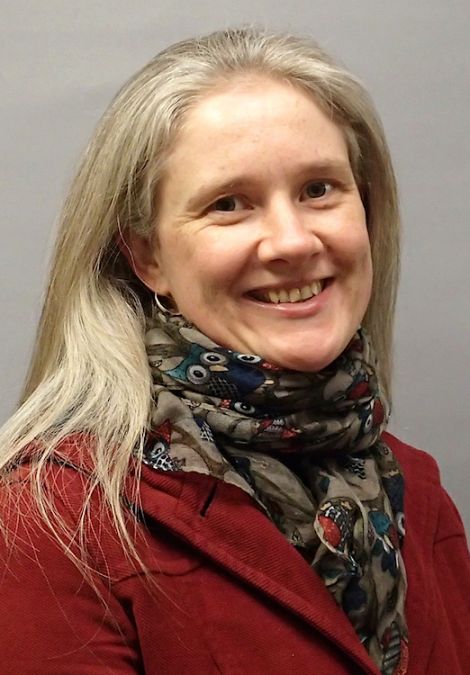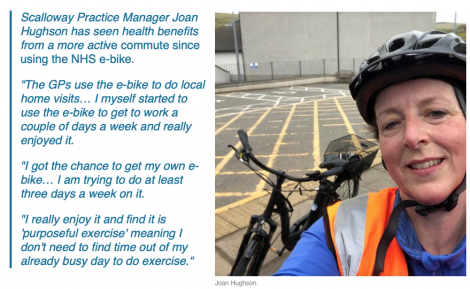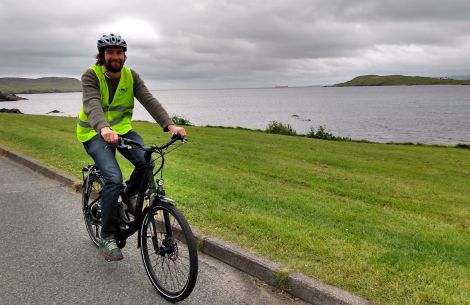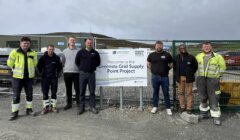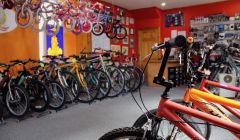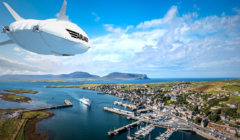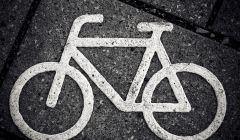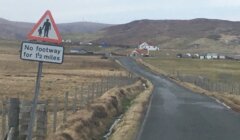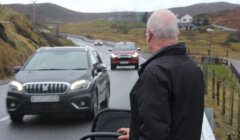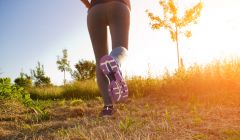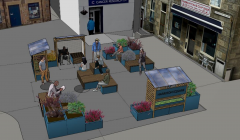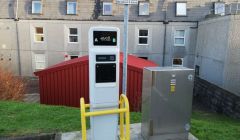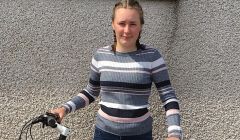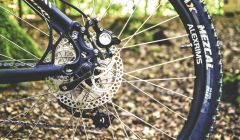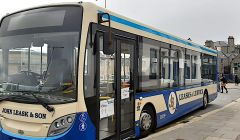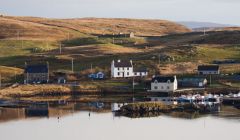ZetTrans / A route to a more equal society
ZetTrans’ policy and projects officer Robina Barton reflects on the huge response the transport partnership received to a recent survey on active travel.
LAST month I bought roller boots. Inspired by seeing people walking, cycling and wheeling under lockdown I wanted to get a bit of the active travel action. I thought it would be like riding a bike – a skill you never forget. It’s not. When a kind friend pointed out that we’re meant to be protecting the NHS I took the hint.
Next stop will be getting some Bike Project TLC for my Peugeot racer. A birthday present when I was nine, it was still going strong when I was 29 and I’m hoping for great things at 43.
My new obsession with wheels is not a mid-life crisis (I hope!), it’s part of a societal move towards more healthy and sustainable ways of moving around, which has been an unexpected and welcome by-product of the coronavirus pandemic.
With normal movement restricted many have (re)discovered enjoyment in the simple act of walking, whilst quieter roads have tempted us to exchange our normal four wheels for two.
Seeing children playing out on bikes and scooters has felt more akin to my eighties childhood than the childhood of today – I’m now hoping to see a resurgence in pogo sticks and space hoppers…
How permanent this locomotive change proves to be remains to be seen, but there are encouraging signs that an appetite for lasting transformation exists.
In 2019 ZetTrans, in partnership with NHS, SIC, Visit Scotland and Scottish Natural Heritage, secured funding from Sustrans to develop an Active Travel Strategy for Shetland.
Community councils across the islands have put forward proposals for walking and cycling routes that would improve life for people in their communities and a strategy will ensure a coherent approach to development.
Public engagement events for the strategy were well underway in March when the country closed for business, so the efforts to garner public opinion went digital throughout the month of May.
An online survey sought to understand people’s feelings about active travel, and the changes brought about by lockdown; an online map allowed people to leave location based comments to flag up local issues, while a resource pack was developed for primary and secondary pupils to support parents with home schooling whilst gaining the views of the younger generation.
An impressive 420 people responded to the online survey, with a distribution in line with population spread across Shetland. A staggering 77 per cent of respondents supported improvements to walking and cycling infrastructure in Shetland, even when this would mean less room for other traffic, with many citing safety as a significant barrier to walking and particularly cycling more in their area.
This data (which is in line with a national trend) was used to request money from the Spaces for People fund – a programme to finance temporary measures supporting the continuation of active travel habits developed under lockdown. Paid for by the Scottish Government and managed by Sustrans Scotland, it enables actions focused on protecting public health, supporting physical distancing and preventing a second wave of coronavirus.
Actions can include reallocation of road space for walking and cycling, reduction in speed limits and timed road closures. Combinations of such measures create low traffic neighbourhoods – quieter streets where children play out, neighbours catch up, air pollution is lower, and walking and cycling are the natural choice for everyday journeys.
There is a huge and increasing body of evidence that active travel is beneficial to our health, our environment and our economy.
Physical inactivity is one of the leading causes of premature death across Scotland and is estimated to cost the economy around £91 million per year.
Regular exercise contributes to good physical and mental health, and even small increases in activity can help to prevent chronic diseases, improve quality of life and save the NHS money. Active travel can be a great way to incorporate exercise in to our routine.
Motorised transport is a major source of carbon emissions and contributor to poor air quality so reducing such journeys, and particularly single occupancy car use can make a significant contribution to tackling the global climate emergency.
Finally, investing in active travel infrastructure and support widens access to jobs, services and leisure for all – including children, older people, people with disabilities and people on low incomes. Put simply, it is a route to a more equal society.
To get in touch with ZetTrans please either call 01595 744868 or e-mail zettrans@shetland.gov.uk
Become a member of Shetland News
Shetland News is asking its readers to consider paying for membership to get additional perks:
- Removal of third-party ads;
- Bookmark posts to read later;
- Exclusive curated weekly newsletter;
- Hide membership messages;
- Comments open for discussion.
If you appreciate what we do and feel strongly about impartial local journalism, then please become a member of Shetland News by either making a single payment, or setting up a monthly, quarterly or yearly subscription.


